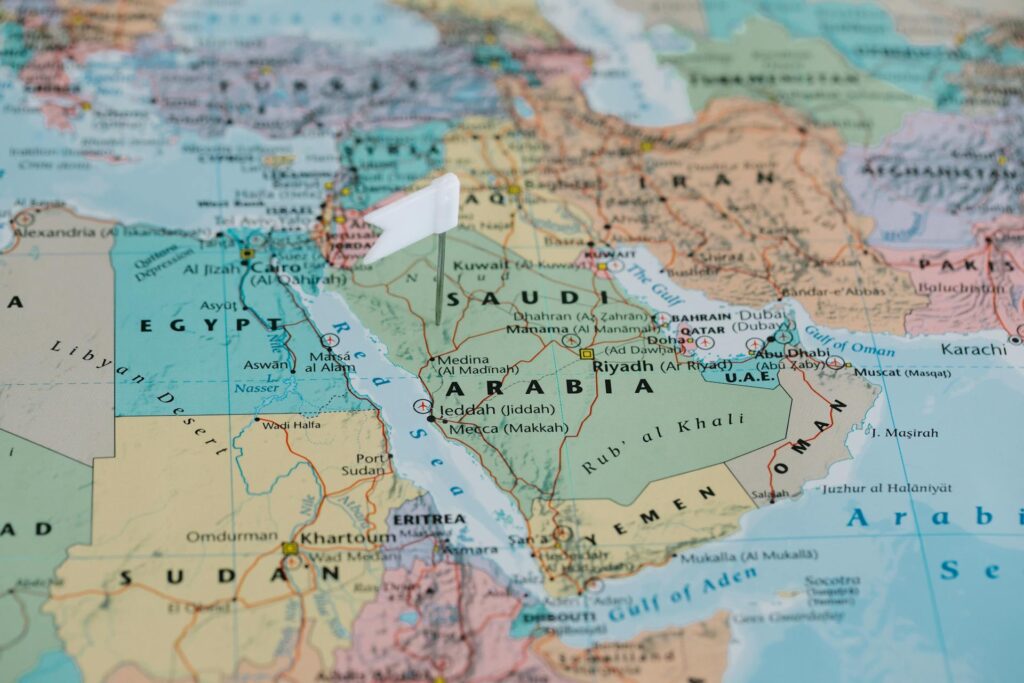Moving to Ireland might be an excellent opportunity to start from scratch. This island in Europe is famous for its natural beauty, and it’s home to people known for humor, passion, and imagination.
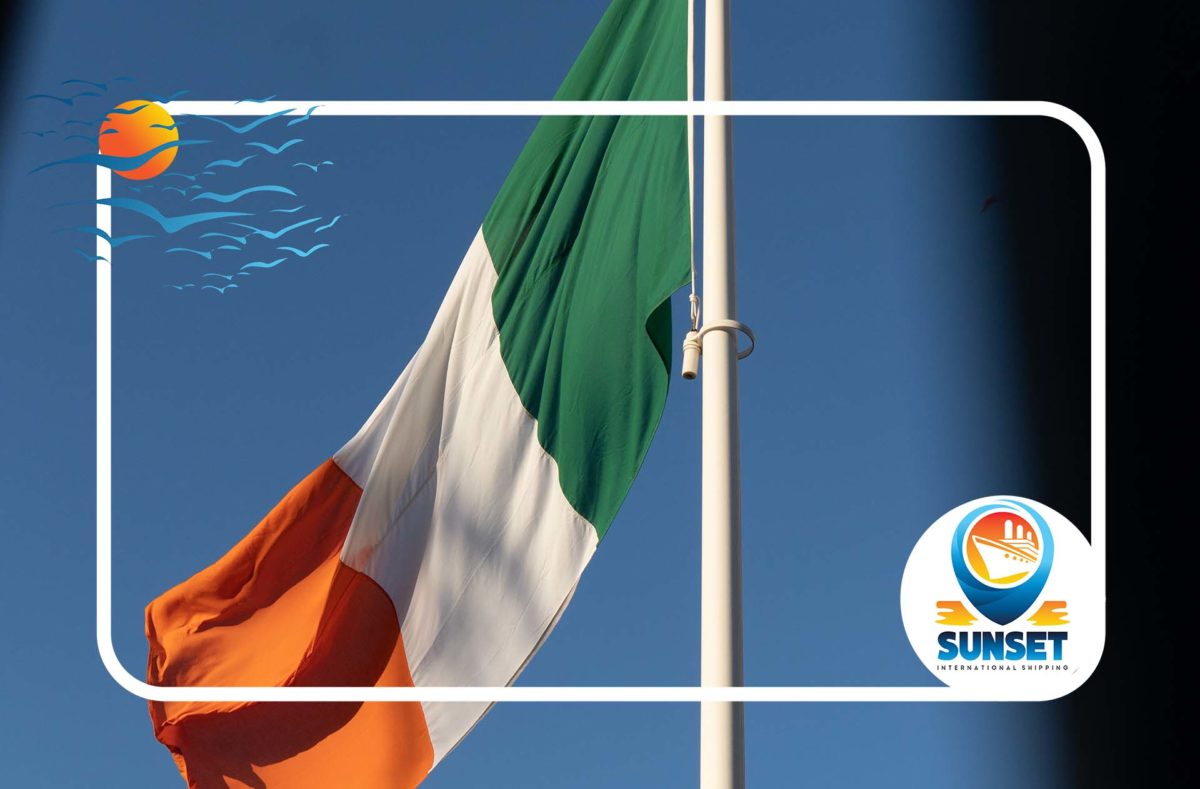

Whatever your reasons to relocate to Ireland are, it’s good to know this place has a little bit of everything for everyone. And everything you’ve heard about it is true: it’s a stunner. History is all around: wherever you go, you will discover an abundance of culture, and the local cuisine is much more than corned beef and cabbage.
However, to enjoy all amenities that Ireland offers, there are some things to consider when moving to another country. Doing some research is always a good idea. Being familiar with visa requirements and your options regarding career opportunities and accommodation will give you a better picture of your new life abroad.
Thinking About International Moving? Here Are Things to Know Before Moving to Ireland
This island has become the home of many nations for the past few years. Ranked as one of the wealthiest countries in the EU, it is appealing to people worldwide. Thanks to its own customs and culture, stunning natural beauties, and friendly locals, this is where young professionals, families, students, and retirees travel and stay for good.
Here are some useful tips to know before moving and soften the culture shock:
- The Irish language is everywhere – not just in movies
- People love music and dancing
- Tea is important – but St. Patrick’s day isn’t
- Celebrations are a big deal
- Roads are long and winding, so drive carefully, especially when using country roads
- It’s difficult to open a bank account here before getting your residential address
- People here love to apologize
Why Is Ireland One of the Best Countries in the World to Live In and Worth Hiring an International Moving Company?
According to the Irish Times and the Irish Post, Ireland has ranked among the top countries worldwide for the quality of life. International rankings based on average income, life expectancy, education, and the Human Development Index (HDI) showed that this nation is far ahead of countries like Germany, Sweden, Australia, or the Netherlands.
First Step – Make Sure to Check the Visa-Related Sections on the INIS Website Before Moving Overseas
To be adequately informed about travel and citizenship requirements, you should check out information about your options. The best way to do that is to visit The Irish Naturalisation and Immigration Service (INIS) and read all the details that interest you.
Applying for a permit is quite straightforward compared to some other nations and countries. Depending on your reasons and needs, you can opt for several categories of visas:
- Short-stay visas (as a US citizen, you don’t need one for short travel)
- Long stay visas
- Re-entry visas
- Transit visas (if you have to travel through here to get somewhere else, this is the option for you)
- Multiple entry visas
If you’re not sure whether you need a visa, you can find the right answer here, and more details about types of visas and how to apply can be read on this webpage.


Working and Living – Find Out More About Employment Permit Before Moving Internationally
Although US citizens do not need a permit to enter as visitors, a long-term work permit is required if you’re planning on working in Europe as an American. How long you’re going to stay depends on the type of work and other circumstances. You can find all the necessary information here.
Employment Is One of the Crucial Requirements for Getting a Visa When Moving Abroad
To get an Irish work permit, a job offer or employment contract is a must. As a matter of fact, approval is limited to highly-skilled occupations. If you would like to know whether your skills are among the significant shortages in the country, here is the list of current in-demand jobs:
- Healthcare workers
- Engineers
- Management specialists
- Natural and social science professionals
- International marketing experts
There are plenty of online pages for job searchers. Besides a popular job site Irishjobs.ie, you should consider several more:
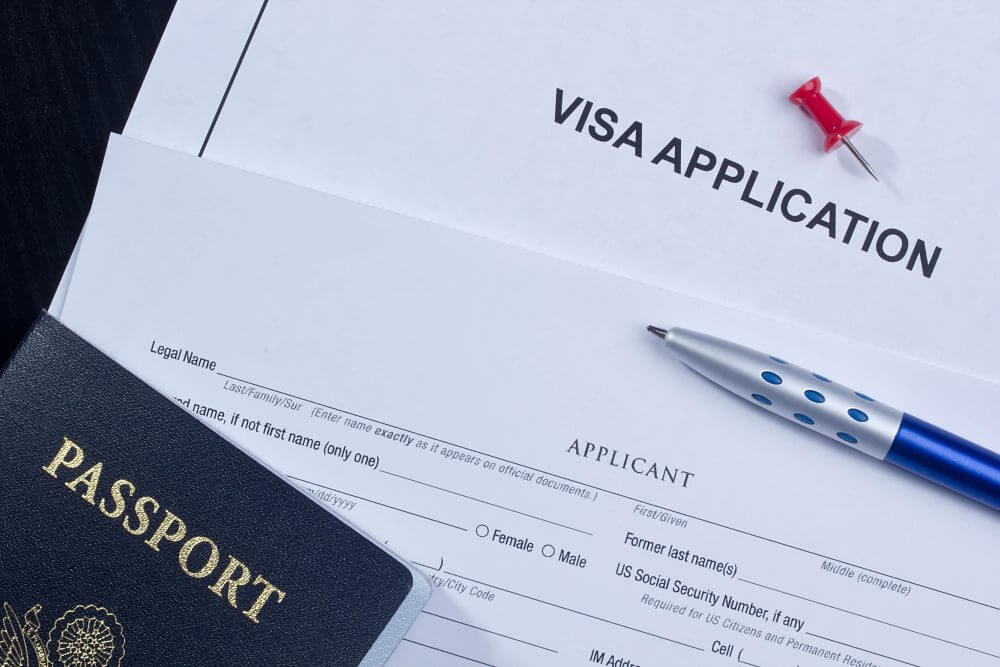

Are You Thinking About Moving From Us to Ireland for Retirement?
It might sound so perfect when one starts thinking about spending their golden age in an idyllic location such as this nation. Although considered one of the best places to retire in Europe, there’s much more to retirement than jumping on a plane.
Firstly, your income should be at least about $56,000 a year. Secondly, you’ll need to obtain the proof you have a fixed sum of money in case of an emergency – it should be around $250,000. And finally, you should know that, with this permit, you won’t have an option for supplementary income.
If you meet all these conditions, you can think about getting a Stamp 0 visa, which is a low-priority one. Keep in mind that Ireland requires you to renew this visa every year, and after five years, you can get a five-year permit. Getting a permanent residency is feasible after ten years of living here.
How to Immigrate to Ireland and Become an Irish Citizen?
Here, we come to citizenship issues, which are easily achievable options through family, marriage, or the naturalization process. To apply for naturalization, you must have been physically residing in this country for a certain period.
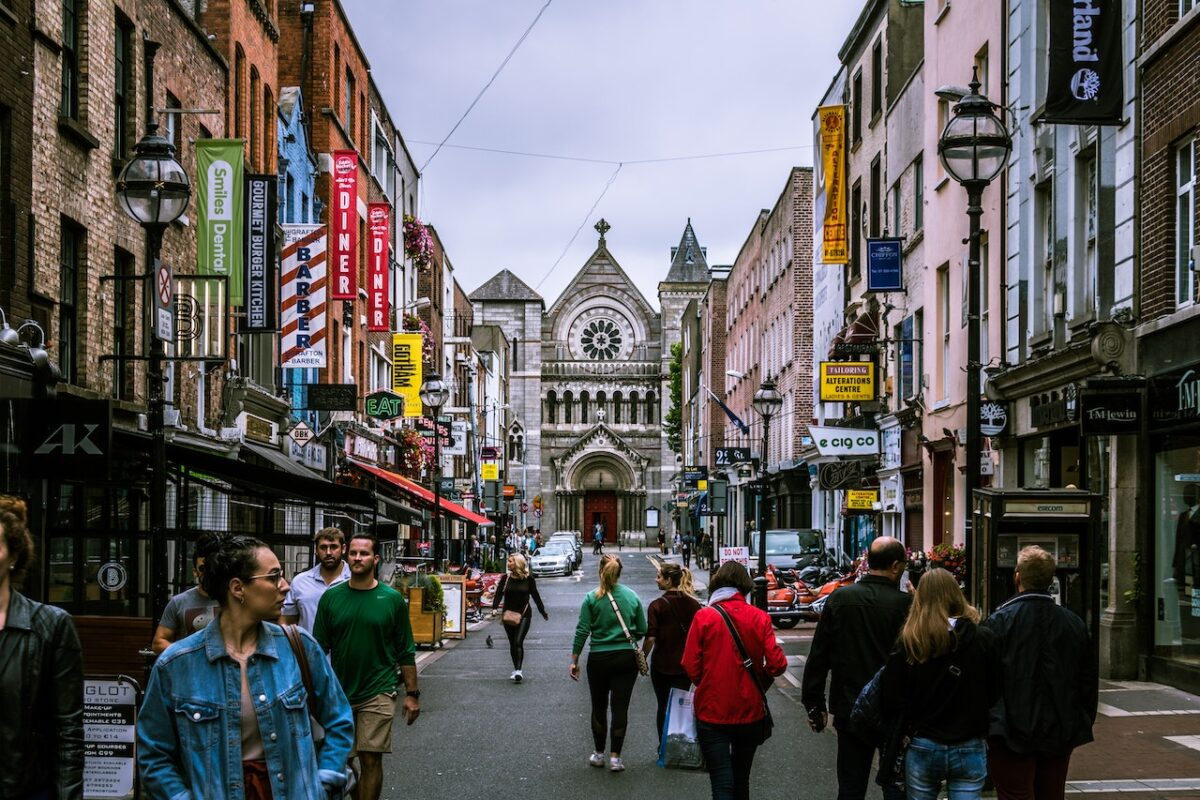

Should You Live in Dublin or the “Stone of the Beeves”?
Would you like to live in Dublin? Like every capital in the world, you should count on crowds and high costs of living. Additionally, as an economic center, it’s home to great companies, universities, and entertainment options.
But if you’re looking for a laid-back atmosphere and beautiful scenery, then you should consider Westport, dubbed “Stone of the Beeves”. Located on Clew Bay, this city is known for its fishing and angling. The center features Georgian architecture and beautiful gardens. Besides its tranquil lifestyle and cozy ambiance, it has one more advantage over Dublin: it’s more affordable. The capital is one of the most expensive cities in Europe – it’s more costly than London and Vienna.
Before Shipping Overseas, Know the Cost of Living and What Will the Major Expenses Be
You’ve probably figured out that the cost of living here, just like anywhere else, varies depending on the city, with the capital being the most expensive. So, let’s take a look at some of the most important expenses you can expect after relocating. According to Numbeo, your average monthly costs will be:
- Accommodation: from $1,300 to $2,200
- Food: $300 – $400
- Eating out: $200 – $300
- Utilities: $220
- Transportation: $5.45 (gasoline per gallon), $2.80 (one-way ticket – local transport), $124 (monthly public transport ticket)
- Sports and leisure: $130
What to Know About Moving to Ireland – Why Is It So Expensive?
If you’re wondering why living here is so costly, here are several factors to consider before you hire international Ireland movers:
- The rate of VAT (value-added tax) is one of the highest in the world – 23%
- Location and transportation cost for importing goods from abroad
- Lack of natural resources
- Deficiency of government subsidies
- Shortage of competition across many industries (insurance, grocery shopping, banking, etc.)
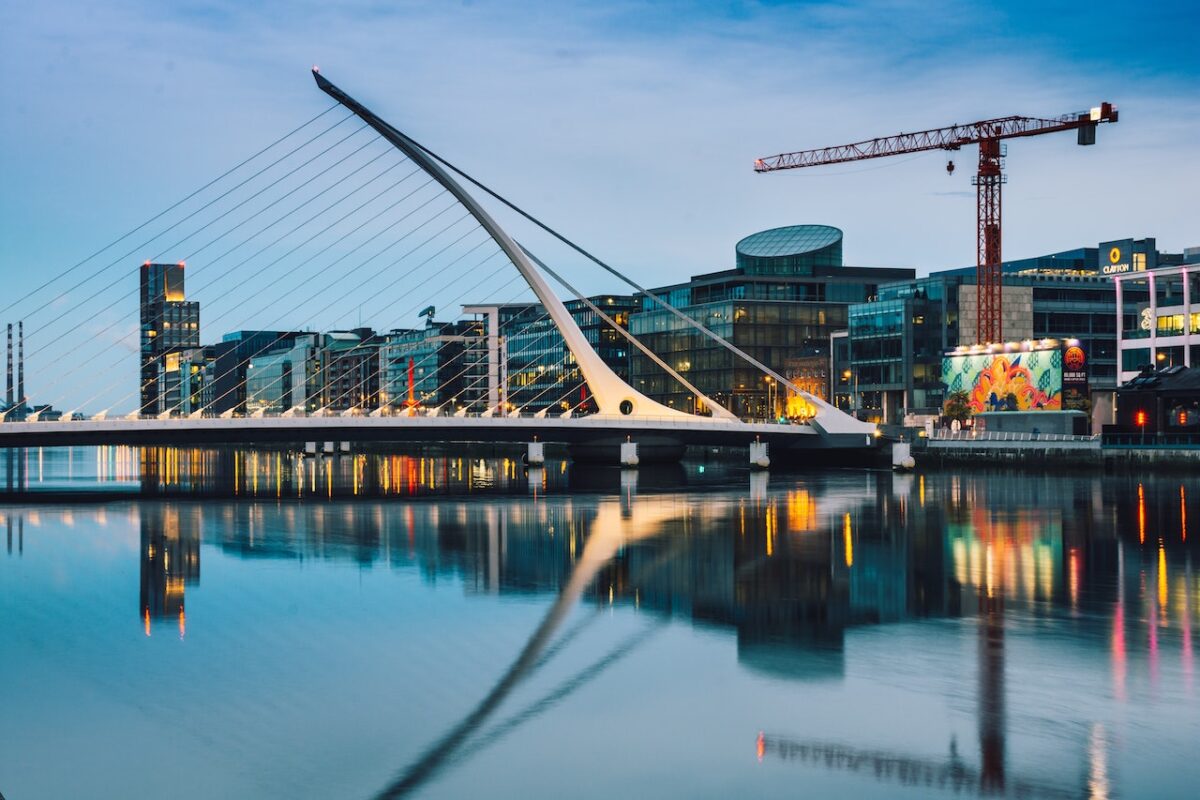

How to Move to Ireland – Know About the Healthcare and Education
If you’re moving with kids, one of the decisive factors to consider should be healthcare and education options. However, with national schooling and medical care, you can’t go wrong.
Healthcare is modern and safe, and it’s among the best in Europe. You can opt for public or private medical assistance, which is independent of the state, and patients must pay full fees for treatments. However, public hospitals are funded by the government or Health Service Executive (HSE) and boast a high quality of care. But, because the public system is usually overbooked and waiting lists are long, expats often choose private treatment options.
When it comes to education, you can choose between public, private, and international schools. Even though Irish is the official language, the main language of instruction in educational institutions is English. So, if you choose a public school, you can rest assured that your kid will get a well-rounded education at a significantly lower price than in private and international schools.


Christmas Is the Perfect Time to Hire an Overseas Shipping Company and Move
Did you know that Christmas in Ireland officially begins on December 8th? When Christmas morning finally arrives, hundreds of the bravest men and women jump into the sea and swim. The original goal has a charity purpose, which is in the spirit of Christmas, just as it should be. Families in Dublin use this time of the year to sit together in pubs wrapping hands around hot cups of whiskey punch.
If you’re wondering what else belongs to very Irish traditions, it’s definitely the dinner table and the specialties on it. Spiced beef, cooked with berries, different condiments, and sugar date back centuries ago when people used them to preserve meat. This tradition still lasts and saves the essence of the local cuisine. However, there are more traditional foods you can try, such as Soda bread, Irish stew, Irish coffee, Colcannon, Crubeens, Boxty, and Cured salmon.
An American Moving to Ireland Won’t Be Disappointed
Are you ready to relocate for good and immerse yourself in this new and magical world? Moving to Ireland is a big step, and adjusting to a new country requires time. But, don’t sit on the fence, and stop asking yourself how to live in another country. Remember what local people say: “Life is like a cup of tea – it’s all in how you make it.” So call Sunset International Shipping, a seasoned overseas moving company, and relocate without any hassle.
FAQ
Generally speaking, major cities like Dublin and Cork tend to have higher costs of living compared to smaller towns and rural areas. Housing can be one of the biggest expenses, with rent prices often higher in urban areas. Other expenses such as groceries, utilities, transportation, and healthcare can also contribute to the cost of living. According to recent data, the cost of living in Ireland is generally higher than the European Union average, although it is still lower than in some other Western European countries like Switzerland or Norway.
Ireland has several cities that offer a high quality of life, each with its own unique charm and character. Dublin, the capital city, is the largest and most cosmopolitan city in the country, with a vibrant cultural scene, excellent shopping, and numerous job opportunities. Cork is another popular city, known for its laid-back atmosphere, historic landmarks, and beautiful coastal location. Galway often referred to as the cultural heart of Ireland, is a picturesque city with a rich artistic and musical heritage. Limerick and Waterford are also notable cities that offer a high standard of living, with plenty of amenities and attractions for residents.
Ireland’s public transportation system consists of buses, trains, and trams, with services provided by both public and private operators. Dublin has an extensive network of buses and trams, operated by the state-owned company, Dublin Bus, and the semi-state company, Luas. The city also has a suburban rail network, operated by Irish Rail. In other cities and towns, buses are the primary mode of public transportation, with services provided by a mix of private and public operators. While public transportation is generally reliable, it can be limited in some rural areas, where car ownership is more common. However, initiatives such as the Rural Transport Programme aim to improve transportation options in these areas.
The job market in Ireland has improved significantly in recent years, with the country experiencing strong economic growth and low unemployment rates. Key industries in Ireland include technology, healthcare, finance, and pharmaceuticals, with many multinational companies operating in the country. Dublin, in particular, has emerged as a hub for technology companies, earning the nickname “Silicon Docks” due to the high concentration of tech firms located there. However, competition for jobs can be fierce, particularly in certain sectors, and the cost of living can be relatively high in urban areas.
Ireland has a strong education system, with a variety of high-quality schools at all levels, from primary to tertiary education. In terms of primary and secondary education, some of the top schools in Ireland include St. Colmcille’s Community School, Laurel Hill Coláiste FCJ, and Coláiste Éinde. At the tertiary level, Ireland has several prestigious universities, including Trinity College Dublin, University College Dublin, and the National University of Ireland, Galway.
These universities are highly regarded both nationally and internationally, and offer a range of degree programs in fields such as business, engineering, medicine, and the arts. Additionally, Ireland has a number of specialist colleges, such as the Royal Irish Academy of Music and the National College of Art and Design, which are highly regarded in their respective fields.
There are numerous things to do and see in Ireland, from exploring its natural beauty to experiencing its rich cultural heritage. One of the top attractions is the stunning Cliffs of Moher, a dramatic coastline that offers breathtaking views of the Atlantic Ocean. Visitors can also tour historic landmarks such as Dublin Castle, the Rock of Cashel, and the ancient site of Newgrange. For those interested in Irish culture, there are many opportunities to experience traditional music, dance, and festivals such as the St. Patrick’s Day parade. Additionally, Ireland has a thriving food and drink scene, with world-renowned whiskey and beer, as well as fresh seafood and farm-to-table cuisine.
The weather in Ireland is generally mild and changeable, with a temperate maritime climate influenced by the Atlantic Ocean. Summers are usually mild and can be relatively dry, with average temperatures ranging from 16-20°C (61-68°F). Winters are mild too but can be damp and windy, with average temperatures ranging from 4-8°C (39-46°F). Rainfall is common throughout the year, with the wettest months typically being October through January. However, Ireland’s weather can be unpredictable, with sunny spells and sudden showers often occurring on the same day.
Ireland is generally considered a safe place to live, with a relatively low crime rate compared to many other countries. Violent crime is rare, and the country has strict gun laws that help to prevent mass shootings and other gun-related incidents. However, like any country, Ireland is not completely immune to crime, and incidents of theft and other property-related crimes can occur. As with any city, some areas of Dublin can be less safe than others, although overall, the city is considered safe for residents and visitors alike. Overall, Ireland is considered a welcoming and friendly country, with a strong sense of community and a low level of social unrest.
Ireland’s population has become increasingly diverse in recent years, with a growing number of immigrants and people from ethnic minority backgrounds making the country their home. The largest non-Irish groups in the country are Polish, Lithuanian, and Romanian, with smaller numbers of people from countries such as Nigeria, India, and China. Additionally, Ireland has a small but vibrant Traveller community, who are recognized as an indigenous ethnic minority under Irish law. Despite this diversity, Ireland remains a predominantly white country, and there are ongoing efforts to address issues of racism and discrimination toward minority groups.
Finding housing in Ireland can be a competitive and challenging process, particularly in urban areas such as Dublin. One of the best ways to start is by searching online on platforms such as Daft.ie, MyHome.ie, or Rent.ie, which have extensive listings of rental properties throughout the country. It’s also a good idea to research the different neighborhoods and suburbs to determine which areas best suit your needs and budget. If you’re looking for shared accommodation, websites such as SpareRoom.ie and EasyRoommate.ie can be useful resources. Additionally, it’s often helpful to work with a reputable estate agent or letting agent, who can guide you through the process and help you navigate any legal or contractual requirements.
Ireland has a thriving food scene, with a variety of restaurants, cafes, and eateries that showcase the country’s fresh and flavorful cuisine. Some of the best places to eat in Ireland include traditional pubs, which often serve hearty and delicious pub grub such as fish and chips, Irish stew, and shepherd’s pie. For fine dining, some of the top restaurants in the country include Chapter One in Dublin, Aniar in Galway, and Campagne in Kilkenny. Ireland is also known for its fresh seafood, with coastal towns such as Howth and Galway offering an array of seafood restaurants and fish markets. Additionally, the country has a growing farm-to-table movement, with many restaurants and cafes sourcing their ingredients from local producers and farms.
The best ways to get around in Ireland depend on your specific needs and preferences. If you’re exploring cities such as Dublin, Cork, or Galway, walking or cycling can be an enjoyable way to see the sights and get some exercise. Public transportation such as buses and trains is also widely available and can be convenient for getting around cities and towns, as well as traveling between regions.
If you’re planning to explore more rural areas or the scenic countryside, renting a car can be a good option, as it allows for greater flexibility and the ability to explore off-the-beaten-path destinations. Additionally, many tour companies offer guided tours of popular destinations such as the Ring of Kerry or the Cliffs of Moher, which can be a good way to see the sights without having to worry about transportation or navigation.
Ireland has a vibrant nightlife scene, with a variety of options for entertainment and socializing. Pubs are a cornerstone of Irish nightlife, with many offering live music and a convivial atmosphere where locals and visitors alike can gather for a pint or two. Cities such as Dublin and Galway also have a thriving club scene, with nightclubs, bars, and lounges offering a range of music and ambiance. The Temple Bar area of Dublin is particularly popular with tourists, offering a lively mix of pubs, restaurants, and live music venues. Additionally, many cities and towns have theaters, cinemas, and other cultural venues that offer evening entertainment.
Making friends in Ireland can be a rewarding experience, as the country is known for its welcoming and friendly culture. One of the best ways to meet people is through shared interests or hobbies, such as sports, music, or art. Joining a local club or organization can be a good way to connect with like-minded individuals and build new relationships. Volunteering is also a great way to meet people while giving back to the community. Additionally, attending cultural events such as festivals, concerts, or exhibitions can be a good way to experience Irish culture and connect with people who share your interests. Finally, socializing in pubs or cafes can also be a good way to meet locals and strike up a conversation.
Ireland has many beautiful parks and outdoor spaces that offer a tranquil escape from the hustle and bustle of city life. One of the most famous is Phoenix Park in Dublin, which is one of the largest urban parks in Europe and is home to a variety of wildlife, including a herd of fallow deer. The Wicklow Mountains National Park, located just south of Dublin, offers stunning scenery and a range of outdoor activities such as hiking, cycling, and fishing. Killarney National Park, in County Kerry, is another popular destination, with scenic lakes, waterfalls, and walking trails. Other notable parks include St. Stephen’s Green in Dublin, Fitzgerald Park in Cork, and the Botanic Gardens in Belfast.
Getting involved in the local community in Ireland can be a great way to meet people, learn more about Irish culture, and give back to the community. One way to get involved is to volunteer with a local organization or charity, such as a food bank, homeless shelter, or community center. Joining a local club or organization, such as a sports team or hobby group, is another good way to connect with like-minded individuals and get involved in community activities.
Attending local events, such as festivals, markets, or cultural celebrations, can also be a good way to meet people and experience Irish culture. Finally, supporting local businesses and initiatives, such as shopping at farmers’ markets or attending community fundraisers, can help to strengthen the local community and build connections with fellow residents.
Ireland has a rich history and cultural heritage, and there are numerous museums throughout the country that showcase its fascinating past and present. The National Museum of Ireland has several branches, including locations in Dublin, Mayo, and Kildare, and features exhibits on Irish history, archaeology, and natural history. The Irish Museum of Modern Art in Dublin showcases contemporary art from Ireland and around the world, while the Crawford Art Gallery in Cork features a collection of paintings, sculptures, and decorative arts. Other notable museums include the Ulster Museum in Belfast, the Limerick City Gallery of Art, and the Galway City Museum.
Learning Irish before moving to Ireland can be a great way to immerse yourself in the culture and better integrate into the local community. There are a variety of resources available for learning Irish, both online and in person. Duolingo and Babbel are popular language-learning apps that offer Irish language courses. Additionally, the online resource Bitesize Irish offers courses in speaking, reading, and writing Irish. In-person classes and language exchange programs are also available through local community centers and language schools. Finally, listening to Irish-language music, podcasts, and radio programs can be a fun and effective way to improve your language skills and familiarize yourself with the culture.
Ireland has a public healthcare system, which is funded through general taxation and provides free or subsidized healthcare services to Irish citizens and legal residents. The public system is overseen by the Health Service Executive (HSE), which operates hospitals, clinics, and other healthcare facilities throughout the country. Additionally, there are a number of private healthcare providers in Ireland, which offer services such as private hospitals and clinics, as well as private health insurance. The quality of healthcare in Ireland is generally good, with a well-trained and experienced healthcare workforce and modern facilities.
One of the most important is to obtain the necessary legal documents, such as a visa or residency permit, before arriving in the country. It’s also important to research the cost of living and housing options in your chosen location and to budget accordingly. Additionally, learning about the local customs and cultural norms can help you to integrate into the community and avoid misunderstandings. Finally, being open-minded, patient, and adaptable can help to make the transition smoother and more enjoyable, as you navigate a new language, culture, and way of life.







